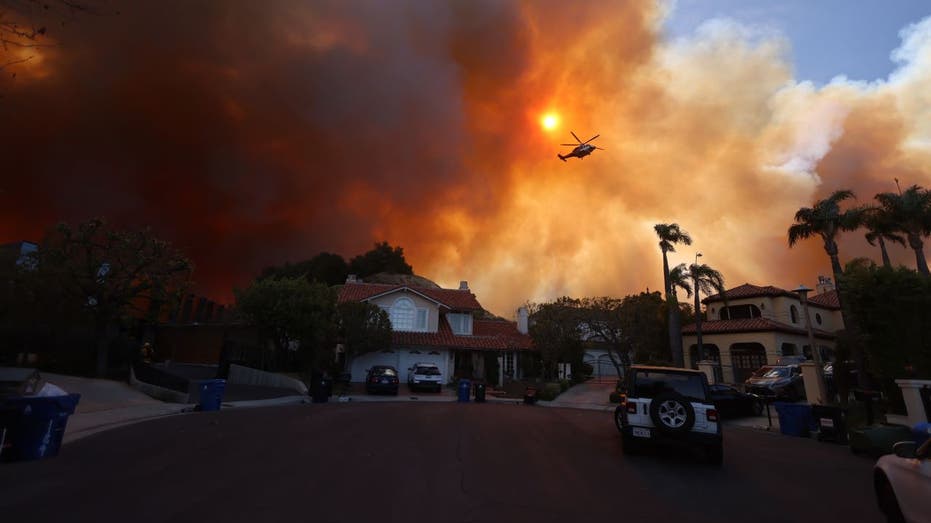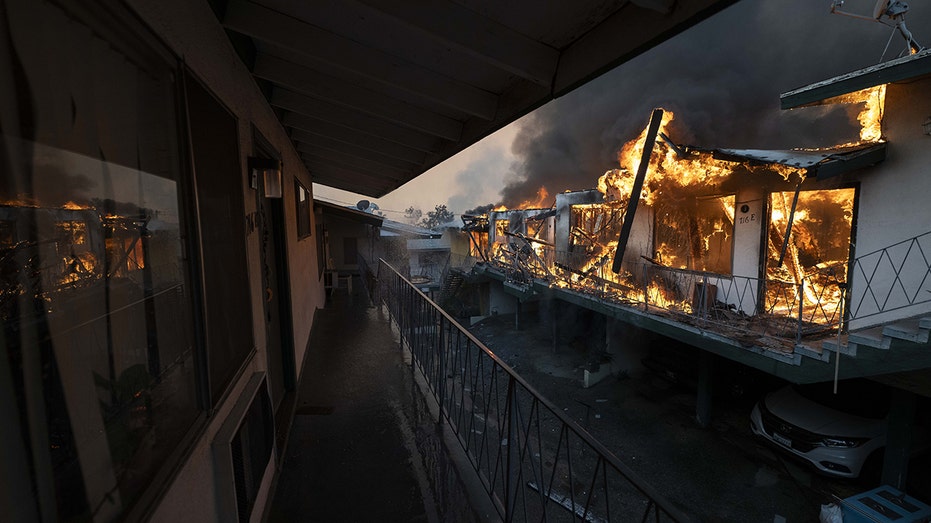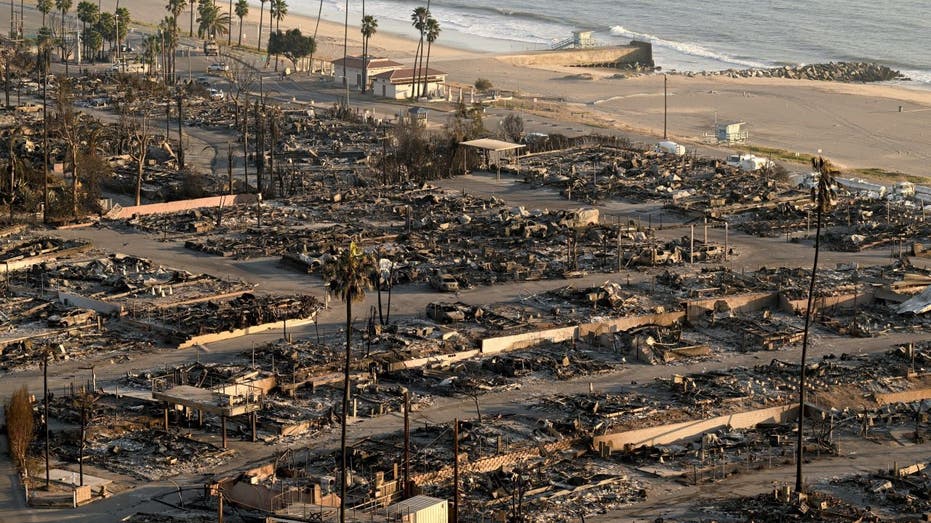Private firefighters: Who they are, how much do they cost?
Private companies are leveraged if public resources are spread too thin
Natural disasters are worsening America's housing affordability crisis, expert warns
Romer Debbas managing partner Pierre Debbas says the economic consequences from the California wildfires will continue to be an 'unfortunate story.'
One of the key differences between public and private fire prevention organizations, both of which offer emergency response services in their local communities, is how they are funded.
They can be contracted by communities to provide firefighting services as well as by certain insurance companies that offer fire fighting services to customers who purchase high-value home insurance policies, according to Frontline Wildfire.
However, they can also be hired by individuals that want to ensure they have access to fire fighting services if a fire breaks out at their property, though their purpose goes beyond just serving the elite.
These companies are leveraged in times "when public resources are spread too thin," according to Frontline Wildfire.
In fact, the U.S. Forest Service frequently contracts private fire prevention organizations to suppress wildfires "as public fire departments alone may not have enough manpower or resources to deal with these natural disasters," according to Frontline Wildfire.

Plumes of smoke are seen as a brush fire burns in Pacific Palisades, California on Jan. 7, 2025. (DAVID SWANSON/AFP via Getty Images / Getty Images)
The National Wildfire Suppression Association (NWSA) currently represents more than 250 private sector contract companies across 28 states that can organize a work force of around 10,000 during the height of fire season.
According to the association, private contract resources including national and regional 20-person firefighting crews, engines, dozers, tenders and other specialized equipment and support services give agencies the flexibility they need to increase or decrease support cost-effectively.
CALIFORNIA WILDFIRES RAGE ACROSS LOS ANGELES COUNTY, FORCING THOUSANDS TO EVACUATE THEIR HOMES
Meanwhile, the contractor covers the training, insurance costs, benefits, gear and transportation.
Bryan Wheelock, vice president of Oregon-based private firefighting company, Grayback Forestry, told The New York Times that a private firefighting crew with two people and a small vehicle can cost roughly $3,000 a day. However, a larger crew that consists of nearly two dozen firefighters and four trucks, can be as much as $10,000 a day.

Apartments seen on fire from the Eaton Fire on Jan. 8, 2025. (Jon Putman/Anadolu via Getty Images / Getty Images)
Cotton Holdings founder and co-CEO Pete Bell said their services "vary greatly depending on the scope and scale of the project" and that fees may range from a few hundred dollars for smaller projects to several million for extensive restoration or reconstruction efforts.
GET FOX BUSINESS ON THE GO BY CLICKING HERE
"Regardless of the size, our commitment is to provide high-quality service to meet the needs of those we support. There is no ask too small when it comes to supporting our partners," Bell said.
Cotton Holdings is an infrastructure support services company with various subsidiaries that handle disaster, relief and recovery efforts.
However, Leo Grillo, who runs animal sanctuary Delta Rescue and owns his own firetrucks, said there are liability issues when it comes to private firefighters that need to be considered.

View of damaged structures and homes caused by the Palisades wildfires in the Pacific Palisades neighborhood of Los Angeles on Jan. 11, 2025, in Los Angeles, California. (Axelle/Bauer-Griffin/GC Images / Getty Images)
"Private forces run a greater risk. They can only go where they're contracted to go, and other private property is off limits," he said.





















